Bringing the show to the audience
Even with all the possibilities for communication that exist today, there is still no substitution for real, human contact. That’s why, Shababtalk, the talk show for millennials on DW (Arabia) started its Arab World Tour.
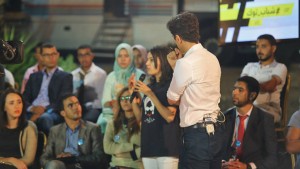 “The show has become a voice for young Arabs,” says Shababtalk host Jaafar Abdul-Karim. “That’s why we want to get closer to our audience and topics. A tour like this is the first of its kind in Arab TV programming.”
“The show has become a voice for young Arabs,” says Shababtalk host Jaafar Abdul-Karim. “That’s why we want to get closer to our audience and topics. A tour like this is the first of its kind in Arab TV programming.”
This past week, Shababtalk was broadcast from Rabat, Morocco, produced in cooperation with the television stations Al Oula and Al Maghriba. This was the third stop on the tour, after successful shows in Baghdad, Iraq and Tunis, Tunisia.
Under the Moroccan stars
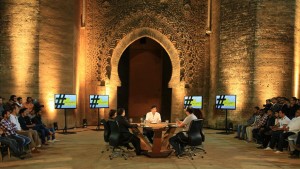 In Rabat, Abdul-Karim invited guests to a different kind of television studio, set up in front of the gates to the city. This current show revolved around how the younger generation can influence political decisions in Morocco – something that strikes a chord with nearly everyone. The participants couldn’t come to a consensus either, with political representatives stating that everyone has a voice, to a podcast producer saying that the political elite “don’t even speak our language”.
In Rabat, Abdul-Karim invited guests to a different kind of television studio, set up in front of the gates to the city. This current show revolved around how the younger generation can influence political decisions in Morocco – something that strikes a chord with nearly everyone. The participants couldn’t come to a consensus either, with political representatives stating that everyone has a voice, to a podcast producer saying that the political elite “don’t even speak our language”.
This is a reaction that is typical for the show, which tries to shed light on different opinions. The editorial team behind the program addresses bold topics and social issues that are generally considered sensitive or a taboo in Arabic-speaking countries. Whereas young audiences perceive this as a welcome sign of openness, the show has repeatedly stirred the anger of conservative forces and government officials in the region.
The Arab World Tour is just a further element of DW’s Local Heroes campaign. The next stop will be Cairo on October 24.
Content that stands the test of time
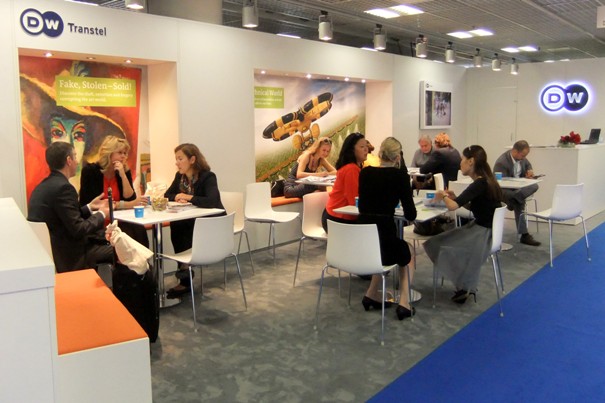 In 1965, Transtel started out as an innovator in German media, being one of the first providers of German television productions for markets outside of Europe. And now, 50 years later, and with the cultural and journalistic expertise of DW as a backbone, that success has grown and DW Transtel has turned into one of Europe’s largest documentary providers.
In 1965, Transtel started out as an innovator in German media, being one of the first providers of German television productions for markets outside of Europe. And now, 50 years later, and with the cultural and journalistic expertise of DW as a backbone, that success has grown and DW Transtel has turned into one of Europe’s largest documentary providers.
When DW acquired Transtel as a partner in 1998, it was a perfect match that expanded and extended Transtel’s portfolio and added to DW’s image of an already strong brand in German international media. DW Transtel could provide both entertainment and information to audiences around the world under the global banner of quality – “Made in Germany”.
Over the years, the number of documentaries available has increased and today 150 are offered every year. They are available in at least three languages, which means DW Transtel can provide content for every taste, in every part of the world. Originally produced DW documentaries and globally-popular and recognizable programs like the European lifestyle journal Euromaxx complement the best of German programming and help make DW Transtel’s catalogue of documentaries and programs truly international.
 DW Transtel is celebrating its 50th birthday throughout the year at events like MIPCOM in Cannes and other international media conferences, where DW Transtel has built a strong reputation over the years as a reliable content partner. From the 1970’s when soccer specials topped the list , to the intricately-produced variety of popular documentaries available today, DW Transtel continues to bring the best of German entertainment to audiences worldwide
DW Transtel is celebrating its 50th birthday throughout the year at events like MIPCOM in Cannes and other international media conferences, where DW Transtel has built a strong reputation over the years as a reliable content partner. From the 1970’s when soccer specials topped the list , to the intricately-produced variety of popular documentaries available today, DW Transtel continues to bring the best of German entertainment to audiences worldwide
Market roundup: October 2015
Asia
DW has a new broadcasting partner in Indonesia. PT Riau Media Televisi is now broadcasting Inovator, DW’s science program for Indonesia, every week to a potential 250, 000 households in the Sumatran city of Pekanbaru.
DW’s online German language courses are now available to users in China via the German information center from the Beijing embassy. The courses are linked on the Chinese “Twitter” Weibo and the Chinese instant message service Wechat.
Live streams from DW are now available to viewers on the state-owned Pakistani live stream service PI Television.
Mobile
DW content is now available on more mobile devices in Ghana thanks to a new partnership with Accra-based mobile aggregator and app developer Rancard Solutions. Rancard will be providing DW content on everything from text messages to news and audio apps. Starting in October, DW content in Ghana will be available with the telecommunications providers MTN, Vodafone and Tigo. An expansion to Nigeria is planned for November.
Spreading the word, changing the world
If more people are made aware of critical issues, they are more likely to participate in creating change. The role of media to inform and educate is critical and DW has recently played an active part in helping millions of people become more aware of an important initiative from the United Nations (UN).
In September, the UN announced a new set of Sustainable Development Goals (SDGs), which are 17 policy objectives to be reached by 2030 that encompass important issues like stopping climate change, ending extreme poverty and fighting for equal rights and justice.
The Project Everyone initiative sets out with the gargantuan task of helping everyone on earth understand exactly what the UN’s sustainability goals want to achieve. To reach seven billion people in seven days, Project Everyone has enlisted hundreds of media and NGOs across the world to spread “short, dynamic and snappy” explanations of global goals across every potential medium.
As a trusted international broadcaster in developing nations, DW can directly convey the message behind the SDGs and encourage activism, awareness and community in solving important global issues where people need it the most. DW is taking part with special broadcasts on television, radio, online and with social media. DW’s major contribution is that 40 million people in Africa can be reached by DW and partner broadcasters.
Along with participating in Project Everyone, DW has produced My 2030, a website that asks what you want your world to look like in 2030 and encourages people from all over the world to share their problems, hopes and visions for the future. Young people born in the year 2000 also have the chance to enter the millennium teens competition for a chance to appear on DW’s Global 3000.
Painting a more personal picture of German unification
An important part of understanding modern Germany is understanding reunification – the pivotal sequence of events that brought together the east and west after decades of separation. As Germany’s international broadcaster, DW has an important role in explaining the significance of these events to people around the world. For the 25th anniversary of reunification, DW is producing several insightful features that go beyond the history with a unique personal perspective.
One of these features is a production from DW’s Documentaries and Reports portraying German unification through the eyes of immigrants. The Scent of Home reveals that the transformation brought a range of reactions from the protagonists. The end of communism meant freedom and self-determination, but that was coupled with the fear of being marginalized, instability and even the loss of social status they had previously enjoyed as the transformation of unification also affected the cultural perception of immigrants. The film demonstrates, however, that unification helps converge diversity creating a healthier more dynamic society for both Germans and immigrants.
On the other side of history are young people who were born after unification and have only experienced a divided Germany in history books. In general, this cohort has different perceptions and values than previous generations. DW takes a personal look at young people born during the transition time between 1989 and 1990 in the multimedia feature Generation 25 – Children of German Unification. Young people from east and west, the city and the country share their dreams, thoughts and perceptions of society in a clear and intimate fashion. What emerges is a patchwork of personalities and pathways that represents a generation born into choice and looking toward the future.



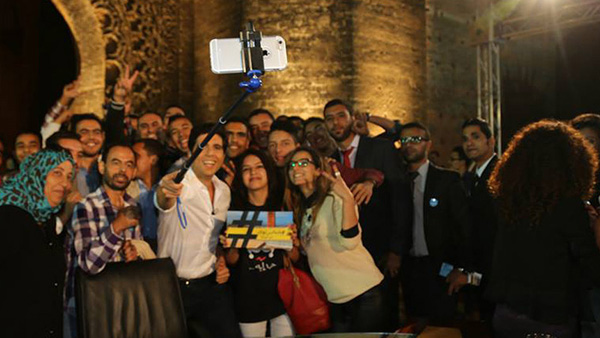

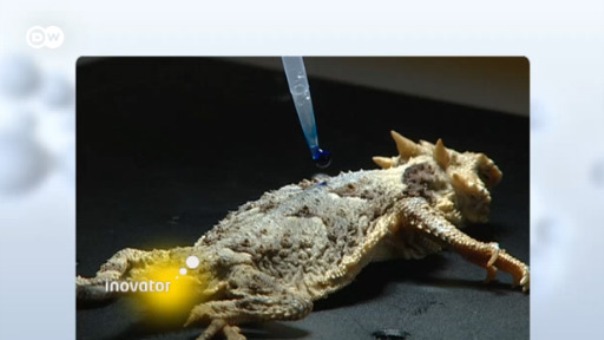




Feedback